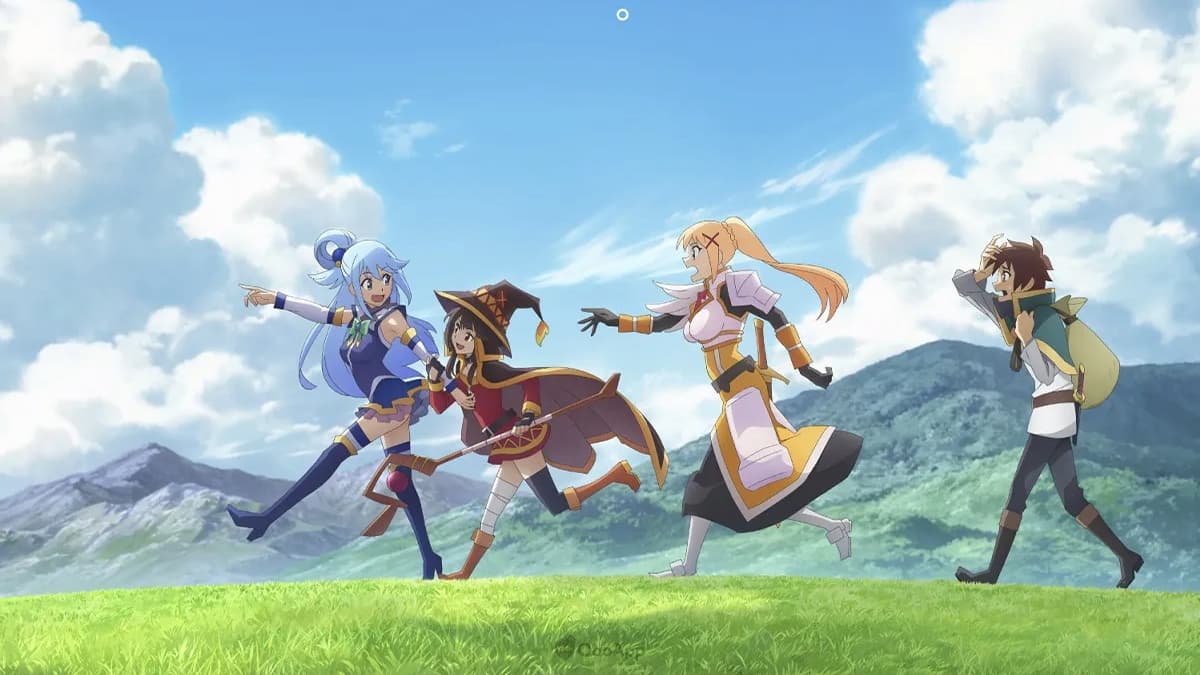
While many of us might think “dictionary” and imagine some stuffy old book stashed away in the corner of a school library, the English dictionary is a living document. The English language is always changing, of course, and that means the dictionary is constantly getting updated.
Recommended Videos
And so, in the final week of March 2024, the Oxford English Dictionary, which (in Harvard’s words) is “widely accepted as the most complete record of the English language ever assembled,” added a whole bunch of new words. You might be delighted to know that among these words are such hits as “nepo baby,” “doomscroll,” “quiet quitting,” and (my personal favorite) “underboob.”
But Oxford also added 23 new words that are borrowed from Japanese—words that both mean something very specific and that we have come to use all the time in English. Most of them relate to Japanese food: “donburi,” “onigiri,” “katsu,” “takoyaki,” and “okonomiyaki,” aside from being a shortlist of my favorite meals, all came into the Oxford English Dictionary with this new update.
But for anime and manga fans, there are two new entries which are of particular interest. One is “mangaka”—a word whose meaning that I, as someone who covers manga all the time, am honestly tired of wondering if I have to explain as an awkward aside in an article. So thank you, Oxford.
The other, amazingly, is “isekai”—a very popular, but also very specific, subgenre of manga/anime.
What is “isekai,” again?

The Oxford English Dictionary now defines isekai (pronounced EE-seh-kai) as “a Japanese genre of science or fantasy fiction featuring a protagonist who is transported to or reincarnated in a different, strange, or unfamiliar world. Also: an anime, manga, video game, etc., in this genre.” Which, you know, is exactly what an isekai is.
It’s hard to pinpoint “the first isekai,” because isekai has been a method of storytelling around the world for probably longer than history could say. For Western examples, consider The Chronicles of Narnia or Alice in Wonderland. Hell, you can argue Dune is an isekai. But the turning point of isekai for Japanese film- and TV-makers was arguably Hayao Miyazaki’s highly influential film Spirited Away. (If this is your first time consciously realizing Spirited Away is indeed an isekai, you’re not alone.)
By the mid-point of the 2010s, which saw the climax in the popularity of series like Sword Art Online, isekai had become one of the biggest sub-genre in all of anime. Interestingly, the Oxford English Dictionary pins the beginning of the popular use of “isekai” in the English language to 2018.
But by that point, isekai had already become so big that some have become annoyed with the genre overall, because they feel the anime market is oversaturated with isekai. There are a lot. And when a genre becomes ridiculously popular, it becomes very easy to point out all the bad ones.
Why the Oxford English Dictionary adding “isekai” matters
The Oxford English Dictionary’s inclusion of “isekai” comes at an interesting time. For one, two of the best currently-running examples of the genre—That Time I Got Reincarnated As A Slime and KonoSuba: God’s Blessing On This Wonderful World!—are coming back for their third seasons as part of the spring 2024 anime lineup.
Even more importantly, anime’s influence on and inclusion in mainstream culture in English-speaking countries around the world is getting harder and harder to dismiss as niche. Polygon recently conducted a survey that showed more members of Gen Z watch anime than follow the NFL. There is now a Tamashii Nations store—a company that makes anime figurines—in Times Square. Last year, Monkey D. Luffy joined Dragon Ball‘s Goku and Pokémon‘s Pikachu to become the third anime character with a balloon in the Macy’s Thanksgiving Day Parade. (For the sake of argument, let’s just say Pikachu is anime for the moment.)
All of this can be summed up quite nicely by the fact that the Suicide Squad—complete with the prime character real estate of The Joker and Harley Quinn—is getting an isekai anime later this year. Seriously, it’s called Suicide Squad Isekai.
So if “underboob” (a word not unrelated to anime) can be added to the Oxford English Dictionary, surely words like “isekai” and “mangaka” are not just worthy, but even overdue.
(Image credit: Drive)
Have a tip we should know? [email protected]

No comments:
Post a Comment